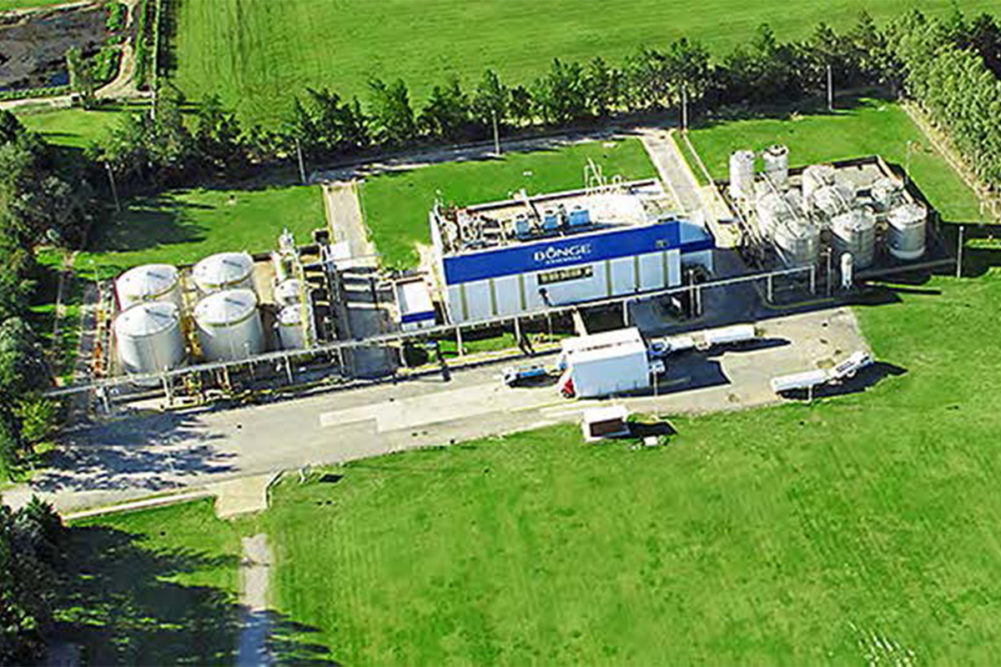ST. LOUIS — Bunge Ltd. on Nov. 18 set science-based targets that highlight the company’s commitment to reduce greenhouse gas emissions, both within its operations and in its supply chains. St. Louis-based Bunge aims to reduce scope 1 and scope 2 GHG emissions by 25% by 2030 when compared to a 2020 baseline year. The company also aims to reduce scope 3 GHG emissions by 12% by 2030 when compared to 2020.
To achieve its targets, Bunge will promote decarbonization through regenerative farming practices and enhance shipping and logistics. Bunge’s commitment to achieve deforestation-free supply chains by 2025 also will drive the reduction in GHG emissions.
“We remain focused on creating clear and measurable paths to achieving our sustainability goals and supporting the decarbonization of the industry,” said Rob Coviello, chief sustainability officer and government affairs for Bunge. “Our new science-based targets, which are supported by our board of directors, demonstrate our commitment to providing low-carbon and deforestation-free products to our customers, supporting the development of next-generation renewable fuels and deepening our approach to sustainability in our operations and across our value chains.”
Scope 1 GHG emissions are direct emissions from sources owned or controlled by the company while scope 2 emissions include indirect emissions from sources owned or controlled by the company, according to the US Environmental Protection Agency. Examples of scope 2 emissions are those resulting from the generation of electricity, heat or steam purchased by the company from a utility provider. Scope 3 emissions include employee traveling and commuting and emissions associated with contracted solid waste disposal and wastewater treatment. Scope 3 emissions also may result from transportation and distribution losses associated with purchased electricity.
The Science Based Targets initiative, which is a collaboration between the United Nations Global Compact, World Resources Institute, the Climate Disclosure Project and the World Wide Fund for Nature, has validated Bunge’s climate targets.





